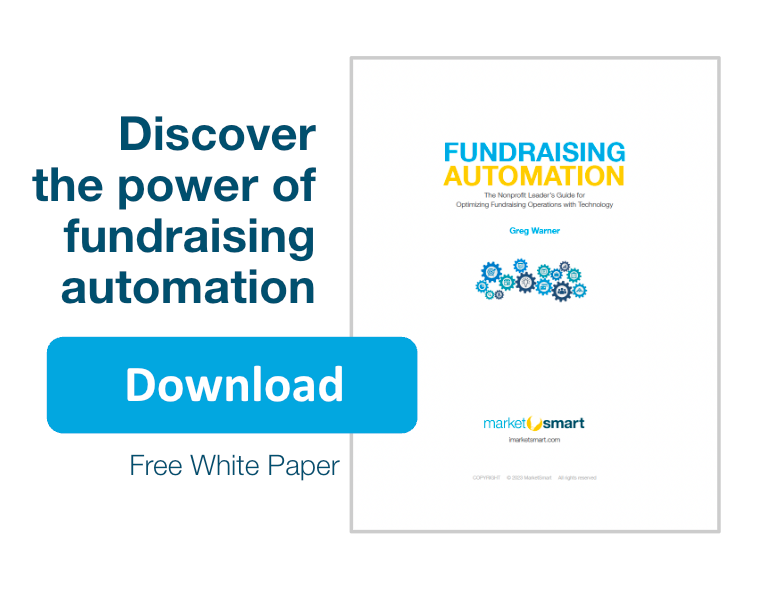To be philanthropic is to acknowledge that we are in this together; that:
- Your misfortune is mine because I have been lucky and you have not
- My opportunity is yours because the more doors I can open the more we all share and benefit from each other
- What threatens some of us, threatens us all; if I help mitigate it, we will all be safer
- Our joys, be they in the form of art, learning, spirituality, or entertainment, are the most exquisite when most widely shared because of the vast and deep oneness we feel at such moments
Yes, philanthropy is defined as the love of humanity but is practiced to build and give greater meaning to the human family.
What tears at philanthropy is fear which can take the form of selfishness. Remember how during COVID some hoarded and stockpiled in the name of survival while the philanthropic made record contributions to food banks? But the most counter-philanthropic fear is superiority.
Philanthropy cannot flower or come close to reaching its fullest form if it is not firmly rooted in the belief in the worth and dignity of every person. Anything, then, that suggests or stipulates that one segment of society is due something because of the shortcomings of the other, or has the right to take from the other for any reason is counter-philanthropic, as is anything that:
- Vilifies one segment of society for the glorification of the other
- Dismisses any part of society as hopeless or beyond redemption and therefore not worthy of investment or effort
- Suggests that the downtrodden or the powerful earned their lot; in fact, that is what unites the rich and the poor – neither “deserves” their fate
- Professes ideological superiority and contempt for those who do not abide by their puritanically taut precepts and uses the internet as the equivalent of public stocks to humiliate the non-believing
- Creates competition to reorder hierarchy as was done during the higher education arms race in which funds were sought for the purpose of moving up in rankings or setting campaign goals so as to be noted among the most elite clubs that had raised the most
What noble purposes, eh?
Superiority is a particularly damaging form of fear because it manifests in the denigration and lowering of others. In fact, it requires it. When it is threatened, it menaces and threatens retaliation. Invariably it sets up cycles of revenge, retribution, and temporary reordering which is so much the story of world history and so wearying to the truly philanthropic.
How can we love humanity if we do not try to love every member of it, if we do not see it as organism that is most likely to survive and thrive when the most healthy nurture the most harmed?
We give because we’re family. Healthy families don’t ostracize. They keep lights on, doors open and arms welcoming. They forgive for the sake of the family and its future.
Jim Langley is the president of Langley Innovations. Langley Innovations provides a range of services to its clients to help them understand the cultural underpinnings of philanthropy and the psychology of donors and, with that knowledge, to develop the most effective strategies and tactics to build broader and more lasting communities of support. Jim has authored numerous books including his most recent book, The Future of Fundraising: Adapting to New Philanthropic Realities, published by Academic Impressions in 2020.




